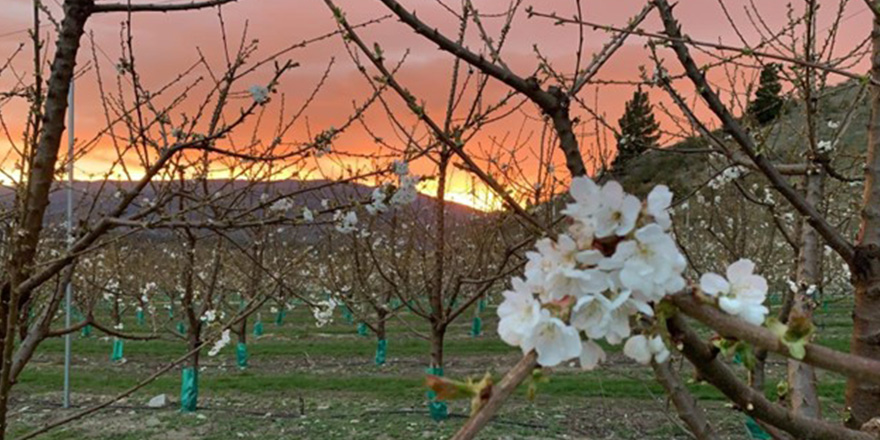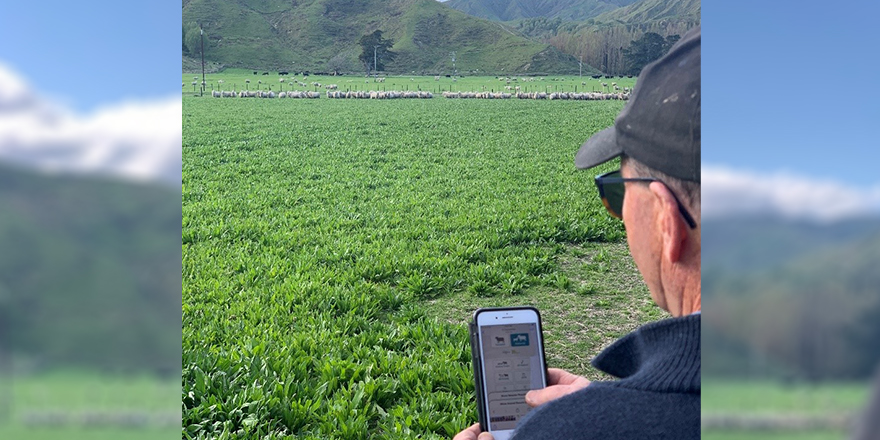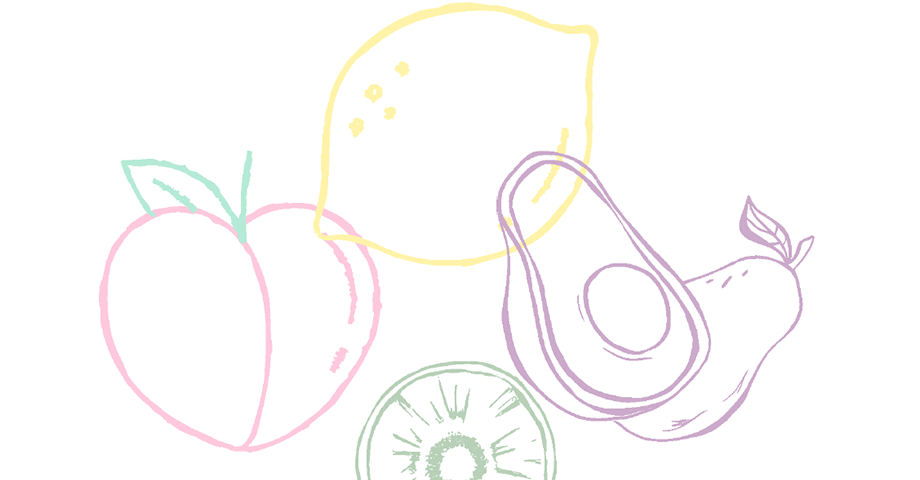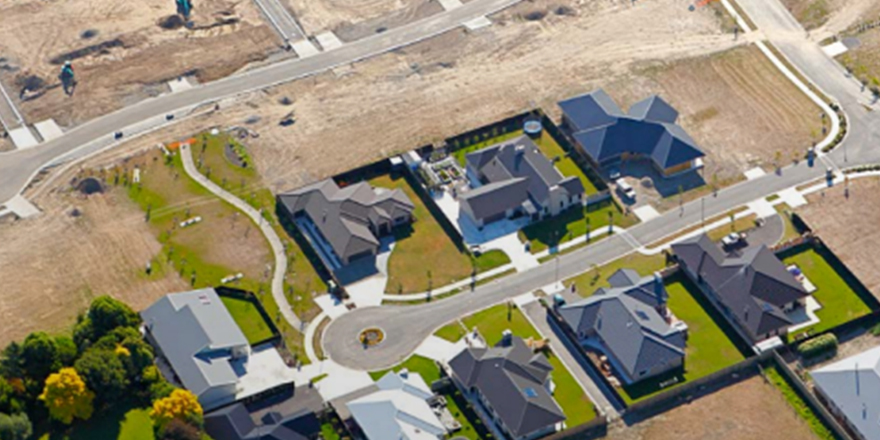
Executive summary
Social licence to operate (SLO), also known as just social licence, is an unwritten agreement between stakeholders and a business/industry on the impact that they can have on the environment and community.
As the values of the community change our SLO is going to come under increasing pressure. Stakeholders are increasingly scrutinising water usage, agrichemical and fertiliser applications, worker welfare, noise pollution and visual impacts. They want to see justification of use of the products and tangible outputs (saleable product).
The aims and objectives of this project is to investigate whether growing cherries in an intensive, indoor growing system will protect our social licence to operate. Social licence will be defined, the aspects that are important to different stakeholders explored and how we can enhance our social licence with forward thinking growing systems explained.
A literature review was conducted to gather some insight to the origins of the social licence to operate concept, define social licence, identify stakeholders and examine what businesses can do to maintain social licence.
Three levels of stakeholders were identified as being significant to cherry production operations. These were seasonal workers, the general public and regulators. Semi-structured interviews were carried out with each stakeholder group to ascertain what aspects of cherry growing operations they perceived to be most important to the social licence to operate and what of these operations put the social licence to operate most at risk. These factors were then compared through a case study between a traditional open field cherry growing system and cherries grown intensive indoor growing system.
Conclusions
- The practices of a cherry growing operation are likely to come under the spotlight. When questioned about operational practices and use of natural resources it is important that growers can provide quantitative data on the inputs involved and demonstrate attempts to increase efficiency.
- Industry needs to be more open to sharing the positive aspects of their operations on the environment and community. We need to get better at promoting the good stories and letting people know all the good stuff we do. This way the industry has control over the information that is shared.
- Education and communication are key to maintaining social licence to operate. Stakeholders are more likely to accept practices if they know why they need to occur, when they will occur, justification for the practice and what measures have been put in place to minimise any risk.
- An intensive indoor growing system will protect the social licence of cherry growing operations. It will do this by decreasing the amount of water, fertiliser and agrichemical required to grow a kilogram of cherries while minimising the amount of waste product that is produced.
Recommendations
- An industry-led research program needs to be set up to actively identify the stakeholders of cherry production and engage with them to find out their perceptions of positive and negative aspects of production and identify the strengths and weaknesses of each part production cycle. It will also identify practices that are deemed to be acceptable and unacceptable.
- Embark on an information sharing and education program with stakeholders. Keep them up to date with orchard activities, invite them to the orchard and use social media as an information sharing platform.
- Investment is required by industry to implement growing systems that are more efficient, that is have higher yields, less waste and use the natural resources and synthetic inputs more efficiently.




